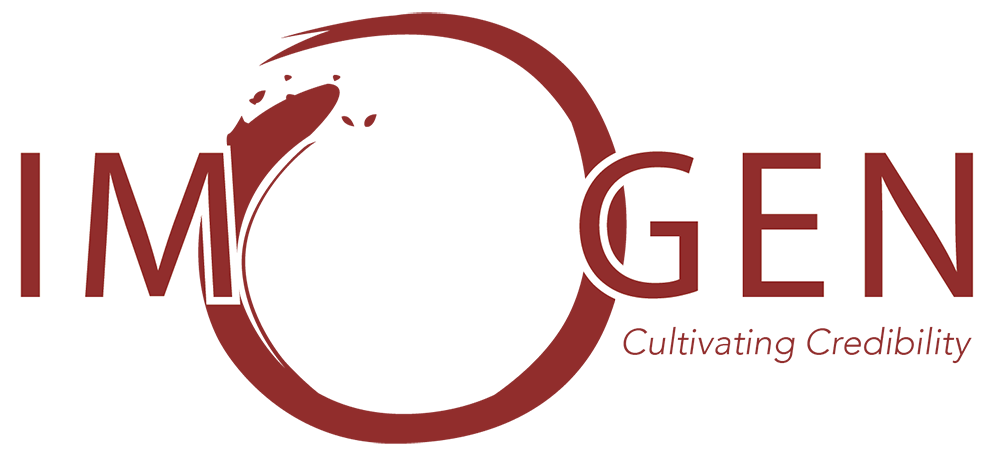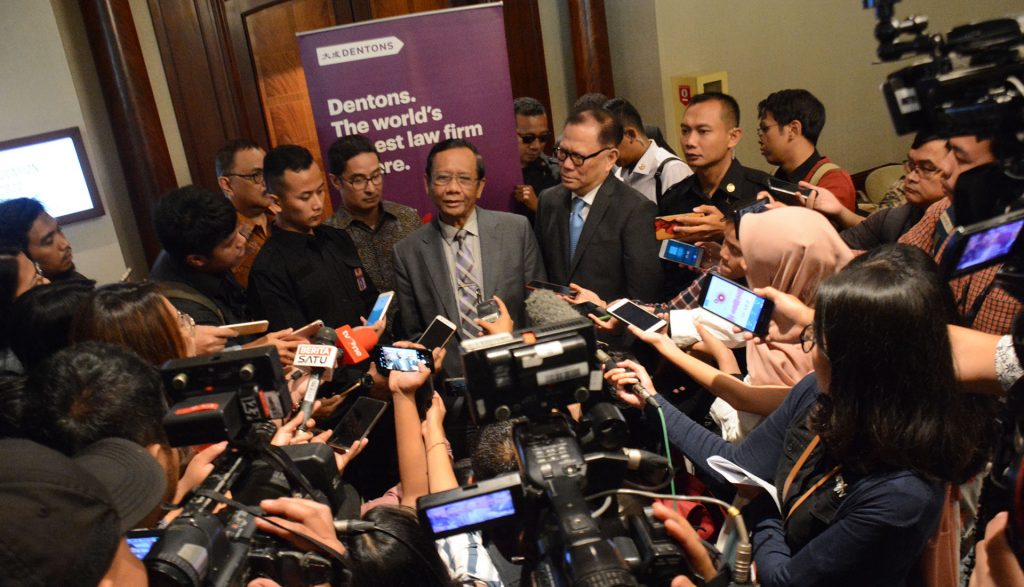The story of journalist versus PR practitioner somewhat resembles a drama. Most of the time gets along with each other, but there are times for bickering also. An example of the bickering times just happened recently.
Some journalist agrees to boycott a foreign PR Consulting firm after considered being uncooperative to the journalists on duty. Some of the journalist on duty was intercepted and locked up in a hotel room, in preventing them to have a doorstop interview with some of the spokesperson at the event. When in fact, the journalists were from big media and newspaper in Indonesia.
“It’s not right, it’s unethical to prevent a journalistic task. If the spokespersons are unwilling to answer, it’s fine. But to think they lock us up in a room like this is unacceptable,” said Thomas Sembiring, one of the journalists to the event organizer, Thursday (9/3). “Never in my life I experience something like this. No one ever go this far to prevent a doorstop interview,” adds Viriya P. Singgih, another journalist locked up.
This is not the first time, prior to this incident there was another incident involving a journalist and PR officer of a gadget company from China. Back then, the CEO let out a horrendous statement, that the media in Indonesia are requested to write an article according to an arranged interview. Critiques or negative questions are forbidden and the journalists are banned from doing a doorstop interview, if they want to they have to submit list of questions first. Wow!
Although some actions were misguided as the examples above, we don’t have to questions what PR practitioner need from a journalist. Even in the disruptive digital era, mass media still show their fangs as the credible news source. Al & Laura Ries on The Fall of Advertising and The Rise of PR stated that to win the competition, the only way to beat the competitor is to win the battle in mass media.
As an ex-journalist, I still remember the love-hate relationship between journalists and PR practitioner. The event stated above surely leaves a bad memory for journalists. Although most of the times its caused by an individual who don’t understand how to build a close and tight relationship with media or journalist.
As PR Practitioner who wants to be the best friend of journalist, we have to know what they like and dislike. Below is some stuff done by PR Practitioner which journalist hate:
 1. PR Practitioner Forcing Company-Imaging News
1. PR Practitioner Forcing Company-Imaging News
One of PR’s job is to shape company’s image. Way to create it is to have it broadcasted or splashed on various media, which makes PR practitioner force journalists to write everything the company want, especially when it have something to do with a job promotion. Journalist actually doesn’t mind being approached by PR Practitioner because they also need the information to fill out the column, but they also hate being pressured on or being forced.
2. Ask to be written as headline
In one day, a journalist could receive tons of e-mails containing press release. One of them might be yours. They don’t mind receiving it, because maybe the information is interesting and could enrich their articles (as long as it’s in line with the editorial). Yet sometimes we went over the line, following up with calling them and ask the said press release to be featured in specific column, or if possible, on the first page, the headline!
3. Calls only when need help
A bad habit of PR Practitioner, when you don’t need them, you leave them be. Yet when the need comes, just like a lovebird, the call comes non-stop. Be it inviting to a press conference, asking for insight, offering to interview the client or following up the press release sent.
4. Calling during deadline hours
Well, it’s called deadline for a thing. Don’t mess with journalist on those ungodly hours. Crossing the deadline would mean serious trouble; the printed media could be late for printing and the online media could miss the hot moment. The stakes are high, getting yelled at by the editors or even the chief editor. Being a PR Practitioner means knowing when is the right time to contact a journalist, knowing their deadline. Journalist really hates the PR Practitioner who calls them during the deadline. Usually they won’t pick up the call, and if it happens repeatedly, they won’t hesitate to block your number.
 5. Limiting journalist’s interview
5. Limiting journalist’s interview
This is basically what happened on the example above. Usually it happened during a press conference, where the journalists are not allowed to interview the spokesperson by PR Practitioner. What’s the point of having a press conference if the spokespersons are not allowed to be interviewed? In the end, a guaranteed bickering times because the PR Practitioner are considered hindering journalistic task, which is protected by the law.
6. Dictating journalist
Journalists usually take ‘orders’ from PR Practitioner in creating news. Either directly or not, PR Practitioner usually asked journalist to choose certain angle on the news, according to the client’s direction. Influencing is okay, but trying to dictate or involve with the editorial decision is not a good thing. Reviewing the article before its being published, or dictating a story according to the client’s direction? It’s the number one thing hated by the journalist.
Hopefully the tips above could make us into a PR Practitioner loved by the journalist. So there would be no more drama of PR-Journalist bickering time.
Written by : Widi Wahyu Widodo, Manager Media Relations IMOGEN PR. Translated by: Michelle Margaretha, PR Consultant IMOGEN PR




